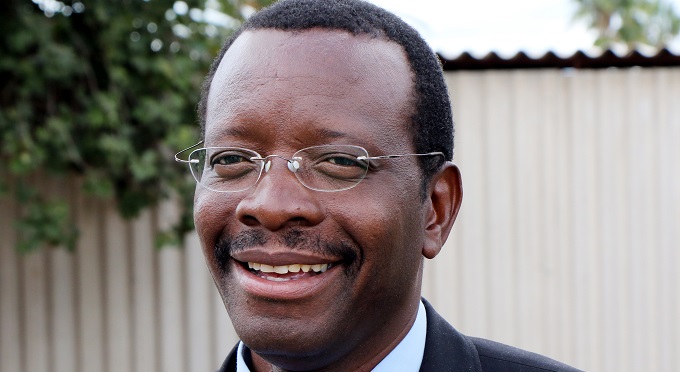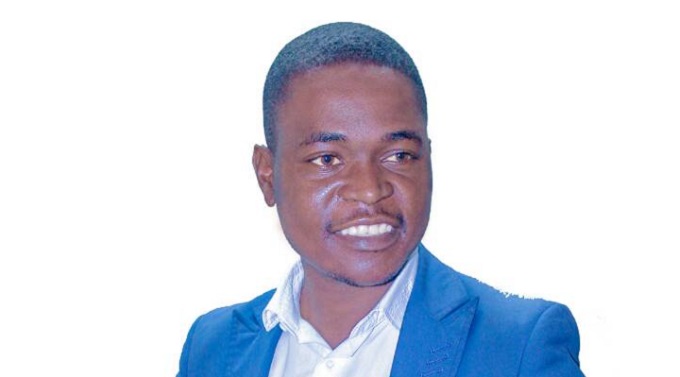Zimbabwe, Kazakhstan deepen ties

Mabasa Sasa in Astana, Kazakhstan
Presidents Mnangagwa and Nursultan Nazarbayev of Kazakhstan yesterday laid a firm foundation for a productive relationship between Zimbabwe and the emerging Eurasian industrial and petrochemical giant following talks at the Presidential Palace in Astana.
President Nazarbayev invited President Mnangagwa to the Presidential Palace to discuss areas of possible co-operation, and after their meeting the two leaders were optimistic of a mutually beneficial partnership.
President arrived in Astana on Sunday to round off a four-nation tour after he met Russia’s President Vladimir Putin, Belarus’ President Alexander Lukashenko and Azerbaijan’s President Ilham Aliyev.
Yesterday, President Mnangagwa said Zimbabwe had much to emulate from Kazakhstan’s development experience, given that the two countries’ economies were both hinged on mining and agriculture.
President Mnangagwa said his administration had stopped complaining about illegal Western sanctions and instead was forging relationships with friendly countries.
President Nazarbayev, in his post-meeting remarks, said Kazakhstan considered Zimbabwe a strategic partner in the region, and supported the idea of a bilateral business council to drive commerce between the two countries.
President Mnangagwa said, “We have decided that we should not continue to cry as a result of the imposition of sanctions, which up to today have not been removed, especially by the Americans…
“Our approach to our development in terms of modernising, growing and industrialising our economy and country is having a new approach in foreign policy, which is engaging and re-engaging with the international community.
“We engage with member states of the United Nations whom we have identified are friendly to Zimbabwe, with no intention of imposing imperial conditions on our country.”
He continued, “We re-engage with those countries that disengaged with us in the past, on a mutual reciprocal basis.
“The Republic of Kazakhstan and the President of this republic; we look at his history, his vision, and we believe that Zimbabwe is where this republic was 20 years ago.
“This is where we are. It was therefore necessary for us to come to a friendly country like this republic to learn how they have so pleasantly developed and advanced their economy within a period of 27 to 28 years. We marvel at how they have achieved that. We are determined to walk the same road.”
He said rather than seek to reinvent the wheel, Zimbabwe would adopt those aspects of Kazakhstan’s development story that could be adapted to local conditions, emphasising the commonalities in strong agriculture and mining bases.
“In my discussion with the President and his people, we have found areas of possible co-operation in agriculture. We grow cotton, we grow tobacco; these are some of the crops which we can co-operate in. There is low trade between us and this country but there are various areas we think we can promote.”
President Mnangagwa noted that both countries had serious aspirations of being major land-linked economies.
“Despite this republic being land-locked, the President has a vision of making Kazakhstan land-linked. The same applies to Zimbabwe. We could become a hub in terms of trade and facilitation in Southern Africa, as we have countries in the north who would want access to the ports in the south.
“And there should be (greater) trade between countries in the north and in the south. Zimbabwe is the hub for such facilitation.”
On co-operation on international fora, President Mnangagwa said Zimbabwe and Kazakhstan were strongly anti-nuclear proliferation and pro-peace, and that Astana could count on Harare’s continued support in that context.
President Nazarbayev hailed the first ever meeting between leaders of the two countries since establishment of diplomatic relations between Harare and Astana in 1992.
“This is of significant historical importance for relations between Kazakhstan and Zimbabwe… We discussed issues on bilateral relations and exchanged opinion. We agreed that we should maintain the political dialogue and extend trade co-operation, which right now is low.”
President Nazarbayev said Kazakhstan had a minor presence in Southern Africa, and the relationship with Zimbabwe was critical in changing this state of affairs.
“The voice of Zimbabwe is very important to us. Zimbabwe has a big say in Sadc and the African Union, and Zimbabwe is active in the United Nations,” he said.
The Kazakhstan leader also pointed out the similarities between the countries in terms of economic pillars, and expressed readiness for partnership in areas such as agriculture (wheat, meat products and tobacco), mining, and transport and logistics.
Earlier in the day, President Mnangagwa met Kazakhstan’s Deputy Prime Minister Askir Mamin and Deputy Minister of Foreign Affairs Yezmek Koshenbayez.
At a forum with Kazakhstan’s business leaders and industrialists on Sunday, President Mnangagwa described Kazakhstan as a new frontier in his administration’s Engagement and Re-engagement Policy.
The two countries are working on an investment protection agreement as the first step in establishing their economic co-operation.
After meeting President Nazarbayev, President Mnangagwa departed for Harare.
The President was initially scheduled to head to Switzerland for the World Economic Forum, but later delegated Finance and Economic Development Minister Professor Mthuli Ncube, to handle that engagement. Prof Ncube and Mines and Mining Development Minister Winston Chitando were part of President Mnangagwa’s delegation in Kazakhstan.











Comments